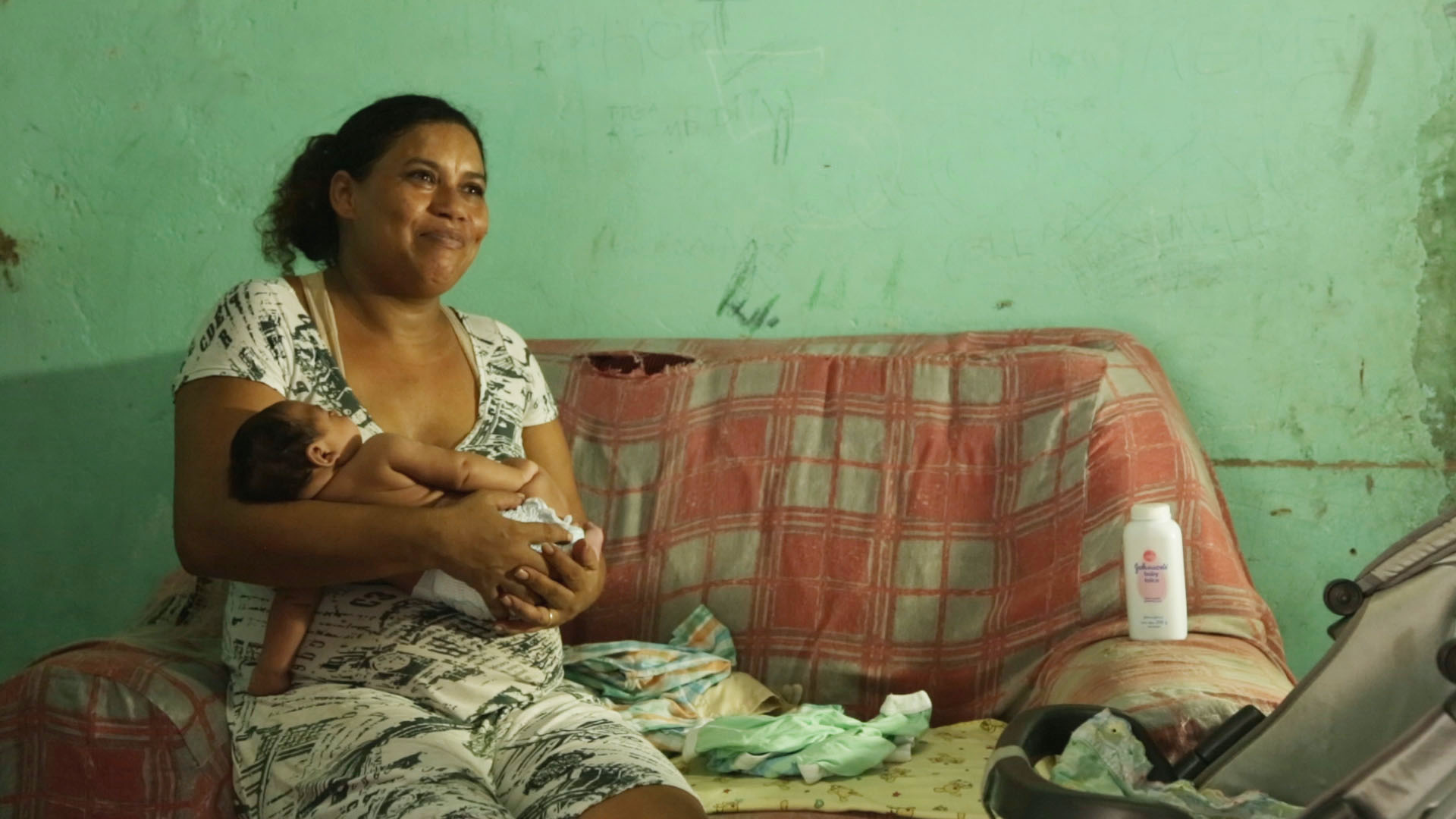Anis – Instituto de Bioética

- Localização
- Brasília, DF
- Apoiado em
- 2016
- Áreas atendidas
- Human Rights and Civic Engagement
Fortalecimento comunitário de mulheres em tempos de zika
Awareness, Rights, and Social Support for Mothers and Pregnant Women of Children with Zika
Congenital Zika Syndrome is a set of symptoms seen in the child of mothers infected by the zika virus while pregnant. Recently the phenomenon has been appearing in poor and rural communities in Brazil, the global epicenter of the epidemic, with cities in rural Paraíba, Pernambuco and Alagoas among the most affected.
Low-income, black and brown women in Brazil’s northeast are at higher-risk of infection due to inadequate sanitation infrastructure in the region – promoting the proliferation of mosquito-transmitted illnesses – and poor access to health services. Babies and pregnant women with the syndrome have special needs, of which many mothers are unaware or are unable to attend to due to lack of resources. These women are also often abandoned by their partners, leaving them to care for the child alone.
Founded in 1999, Anis works to defend reproductive and sexual rights, mental health, the criminal justice system, and more. Through advocacy, research, and leadership training, Anis promotes equality, democracy, civic engagement and social justice. The project proposes to provide 50 families with access to quality information, and to create associations for mothers of children with the syndrome.
With Support from BrazilFoundation, Anis aims to:
• Hold workshops for pregnant women and mothers of affected children on social inclusion, health needs, and reproductive and sexual health;
• Use a whatsapp group that includes mothers of kids with zika across Brazil to clear up misconceptions regarding health needs and rights;
• Produce and distribute informational booklets on the zika vírus;
• Provide legal assistance to create at least one community association for mothers.
Impact
Rights for women and children affected by zika
50 families reached
Community engagement with women at highest risk for infection
“The zika epidemic brought to light the need for access to quality information on reproductive and sexual health and the policies in place to support women and children with the deficiency.” – Anis Team